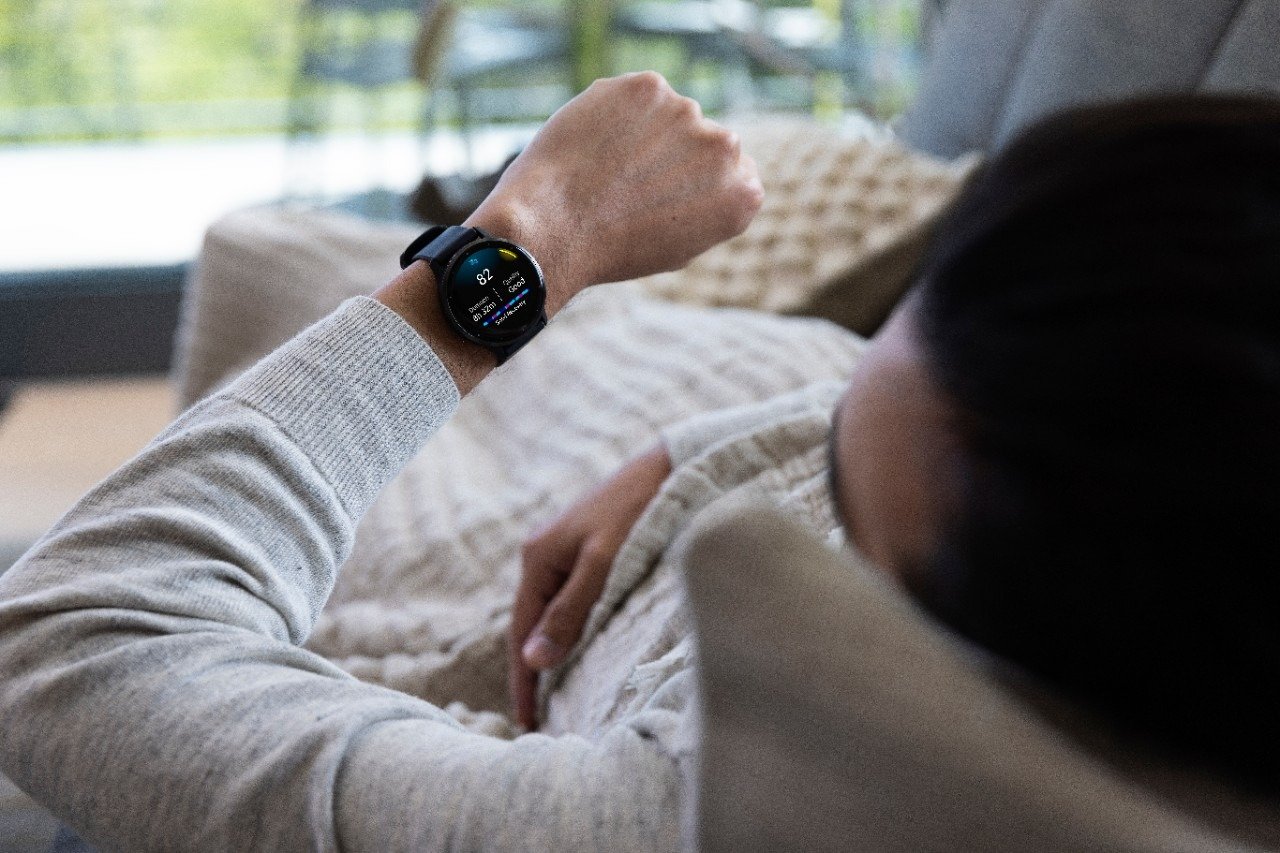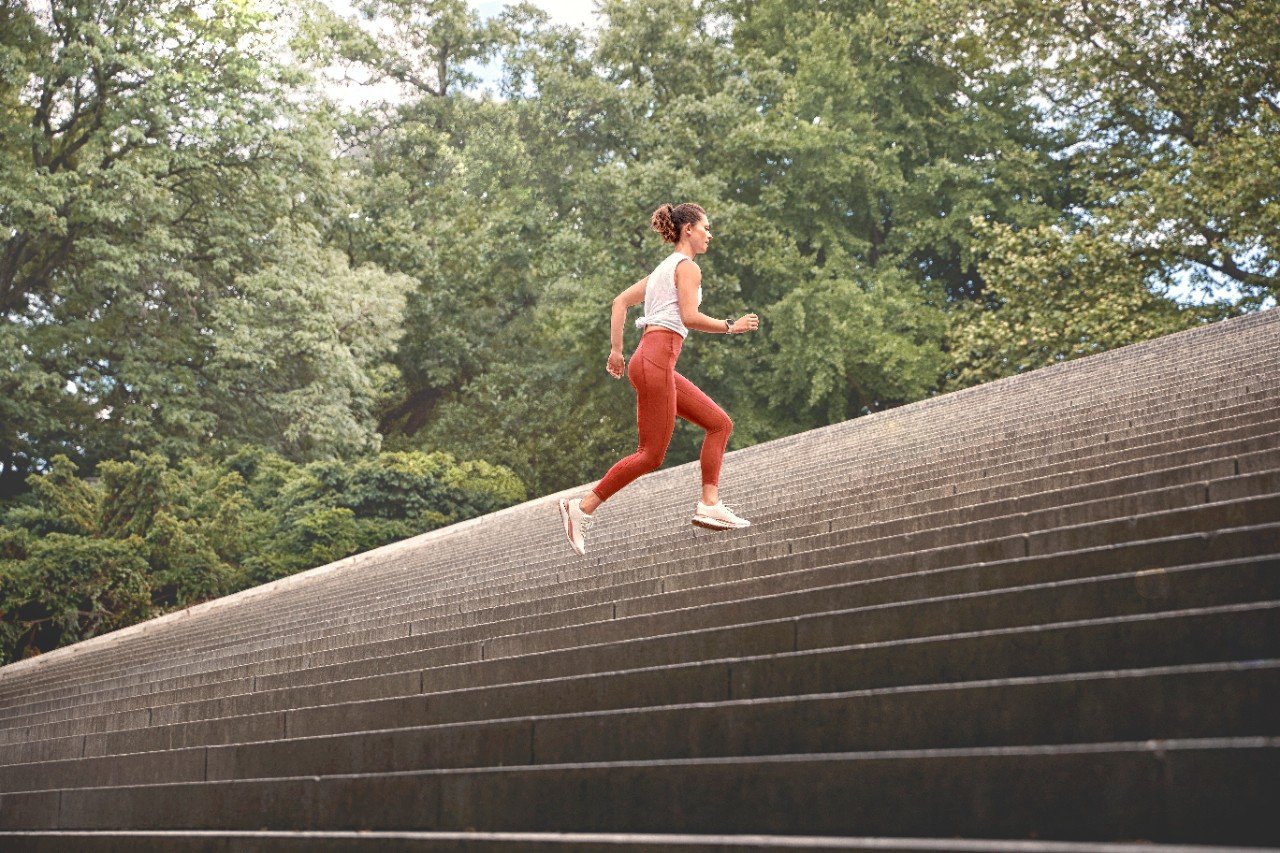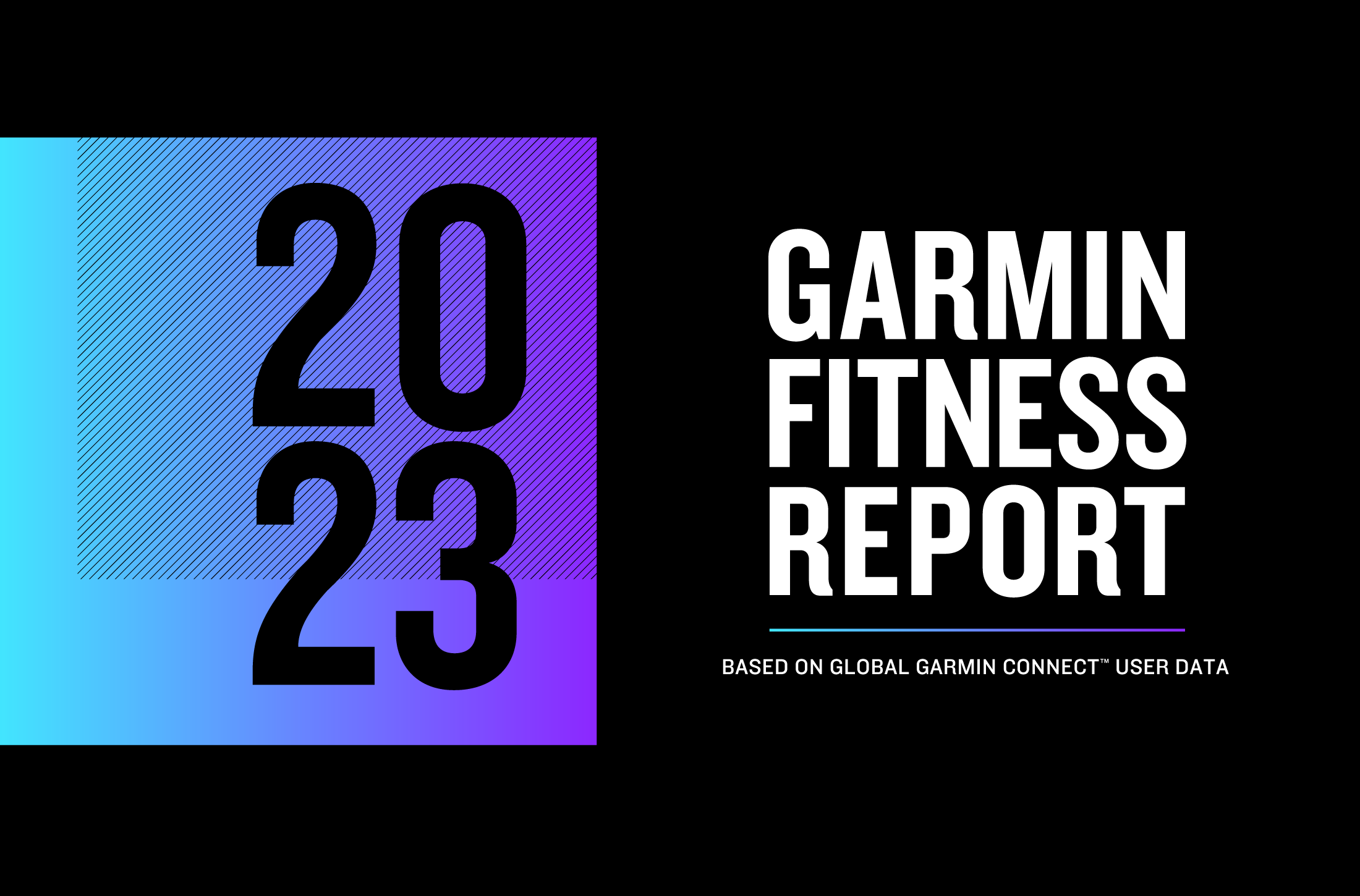
Run For : wellbeing.
In this blog post, Garmin Running Ambassador Dr Martin Yelling discusses how we can pay attention to our overall wellbeing, what it means to him and its importance to our every day lives.
How would you define your wellbeing? For me, it’s something that’s changed over the years. As a young person my wellbeing wasn’t something I paid much attention to unless I was unwell. In my twenties and thirties my personal wellbeing was more about improving athletic performance. Was I well enough to push physical boundaries, to go faster, harder, longer?
Now wellness means so much more to me. It’s about my whole body: my physical, mental and emotional health, the ability to be more than functional every day. It’s about finding a health balance that allows you to do ‘what matters most’ to you, and to feel good about it.
Now that being well is more important than ever, it’s important to look at ways that we can improve our wellbeing. In my previous blogs I looked at the importance of running to improve physical wellbeing and mental wellbeing, but these are just part of the puzzle.
Imagine your wellbeing as a house: physical and mental health are the roof. A roof is the most important part of the house, but a good roof is supported by walls (or in this case, pillars). To make sure my roof remains strong, I need to care for the following four pillars that support it:
- Sleep (How much and the quality)
- Stress / emotional regulation (How I feel and respond)
- Nutrition/Hydration (What I eat and drink)
- Lifestyle (What I do. social, community)
Sleep
Good quality sleep can help us reach our physical fitness and running goals. But when we’re looking at longer term wellbeing, getting good sleep offers so many more benefits than helping us to run faster.
The good news is, running and exercise have been shown to improve sleep quality. So if getting a good night sleep is something you struggle with, it might be as simple as getting some more vigorous exercise each week. Equally, exercise stimulates your autonomic nervous system, as well as boosting a number of hormones that make you feel alert and awake. If you’re exercising lots but still struggling to sleep, you might need to adjust the times you’re exercising and your relaxation period post-workout.
Stress
Stress is one of the biggest drains on our overall wellbeing. It drives hormone changes in our body that shouldn’t be sustained long term, but day to day it often stops us exercising, eating well, sleeping well and having a positive lifestyle.
Many of us use running and exercise when we’re stressed to help clear our heads and reduce feelings of anxiety (and it’s been proven to help). And, the long term benefits are becoming evident too: some studies have shown that exercise can mitigate the negative impact of long term stress. While these studies are still in their early stages, reducing your stress on the day-to-day will certainly leave you in a better state of wellbeing, and if running and exercise is the path to doing this, then it’s a good one.
Nutrition
Healthy nutrition is one of the mainstays of feeling and performing better. When nutrition is optimal, your related body health pillars are strong too. But it’s also quite complicated and very personal. What’s really important is to establish a healthy, lifelong relationship with the food you eat to support the training that you do.
Fitness and performance improvements and healthy nutrition go hand in hand, and one isn’t permission or an excuse for the other. Exercise isn’t a ticket to eat more. You should enjoy what exercise you do and enjoy what you eat and drink. Healthy food, in as fresh and a natural, non-processed state as possible, drawn from a variety of food groups and that works for you personally is a great place to start.
Lifestyle
Now this is the complicated pillar as it includes elements of all the others. Lifestyle choices are broad and varied (and so they should be, we’re not robots). Yet the lifestyle choices we make short, medium and long term impact upon our current and future health status.
What we do, with who, how and when, our social connectedness, community relationships, economic stability, late nights, stressful days, missed meals, unhappy relationships, loneliness, isolation, and sense of purpose and feeling of fulfillment all impact our overall wellbeing. The key is recognising what’s important; what brings you joy and wellness, and ensuring those areas are protected.
Everything together.
These important pillars do not exist in isolation. The relationship between them isn’t simple, but the integration of each shapes wellness and how we feel. From personal experience I know it’s hard to integrate them effectively when ‘life’ throws up uncertainties and problems.
It’s really important for overall wellbeing to develop self-awareness of your instability triggers. When one pillar starts to shake, what are the warning signs? How can you tell when that pillar is becoming unstable, what action can you take to settle the wobble and regain pillar stability?
Running and exercise can be a valuable glue that connects and supports your pillars. Learning to let running and exercise be a strength and a support rather than a triggering or weakening pillars is really important.
Understanding, measuring and interpreting personal metrics to support overall wellness include sleep tracking, physical activity levels, energy levels, hydration status, stress levels, can paint a picture of your wellness and help you stay both in tune and on track.
To explore some of these topics further, Dr Martin Yelling spoke to Author, GP, lifestyle medicine expert, Dr Juliet McGrattan. Check out their full conversation below.




